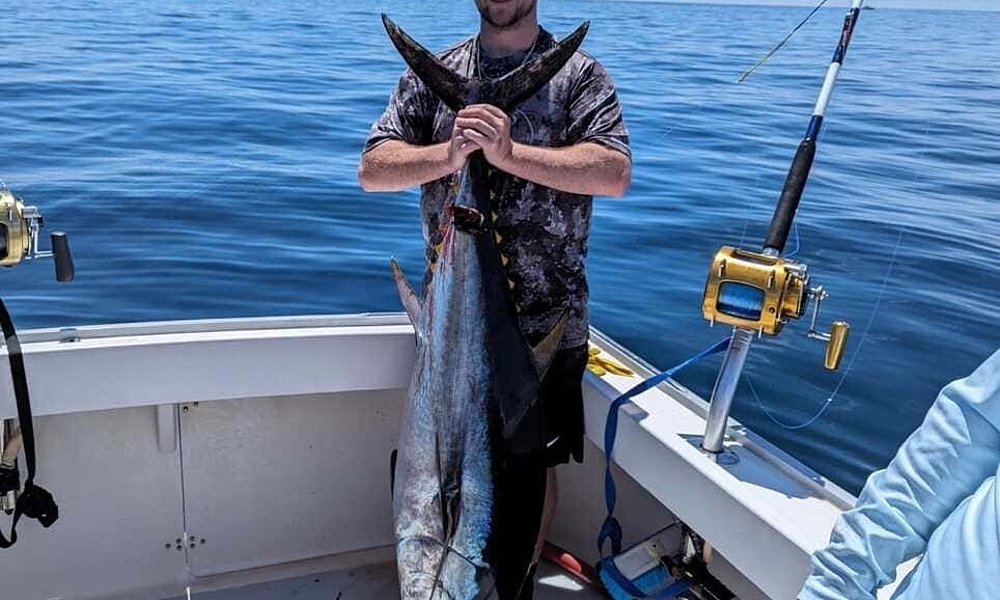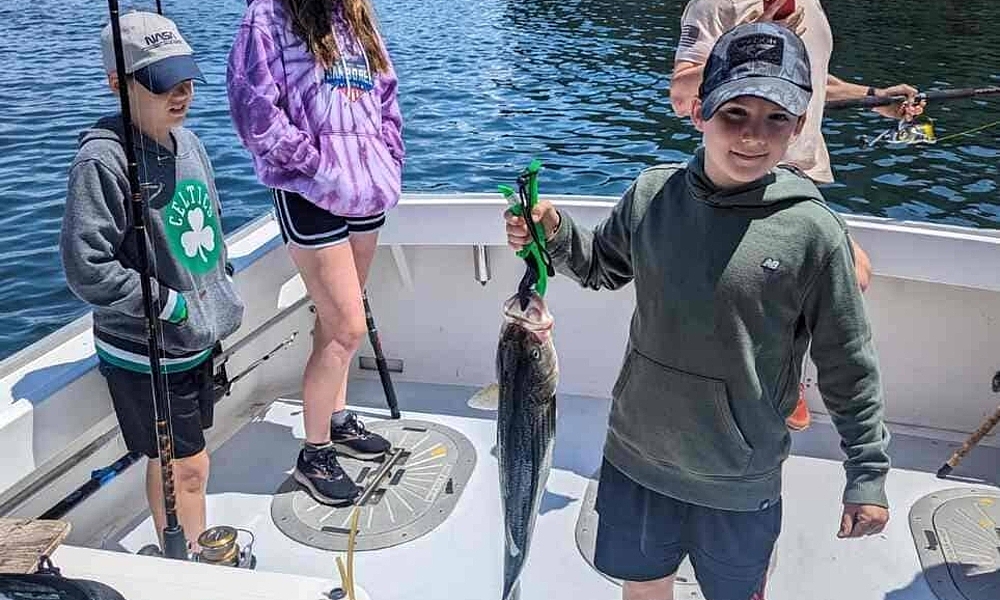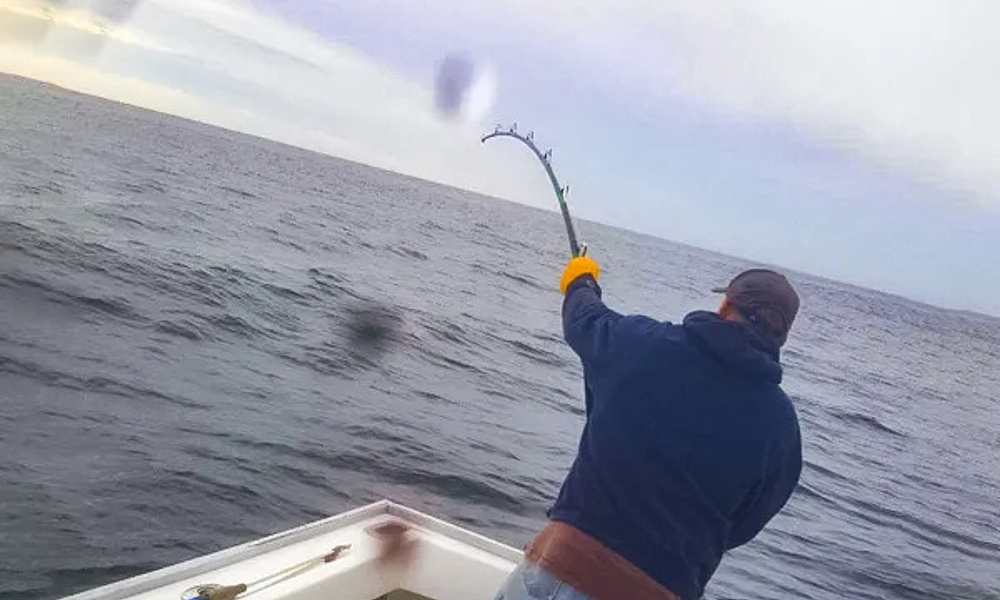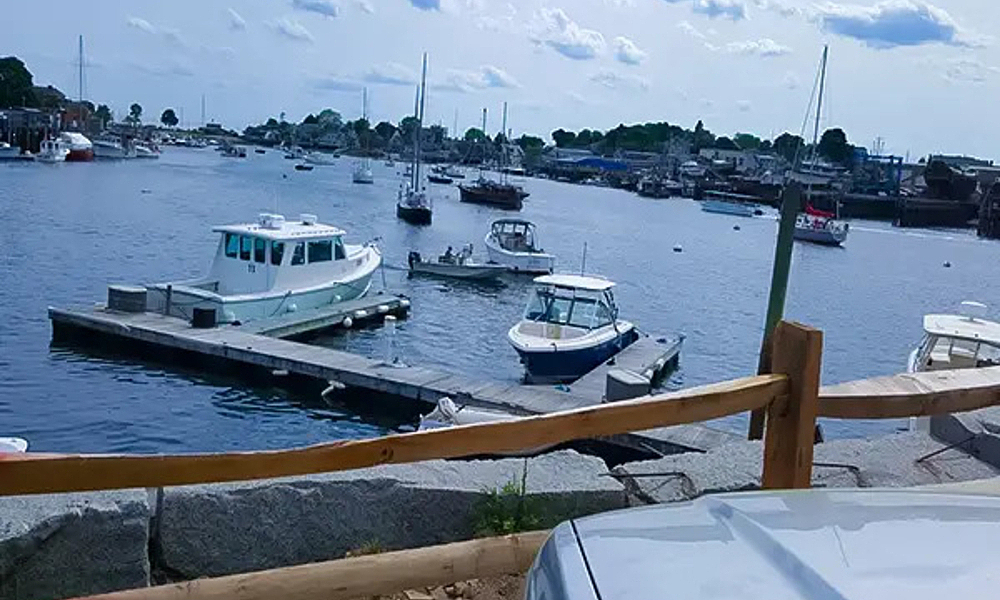Can You Keep the Fish You Catch in Gloucester
Gloucester doesn’t hand out free passes. You want to keep your catch? You need to know the rules. No shortcuts, no guessing. The regulations decide what goes in your cooler and what goes back in the water. Miss a detail and you’re not just risking a fine. You’re risking your whole trip.
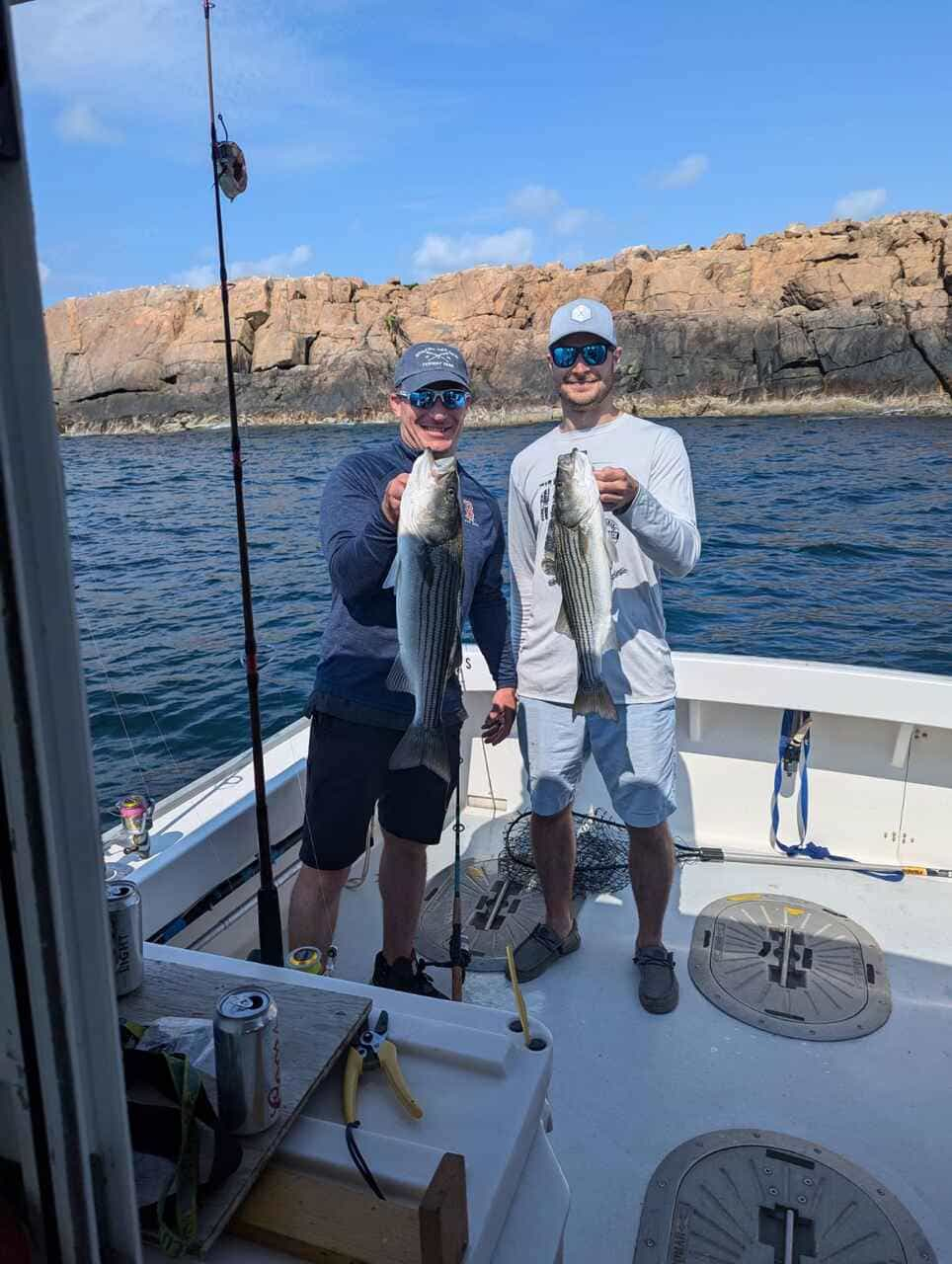
What Permits Really Mean for Your Catch
Step onto a Gloucester charter and you’ll hear it right away: no permit, no fish. Massachusetts doesn’t hand out free passes. Every angler 16 or older needs a valid saltwater fishing permit. No exceptions. Want to sell your catch? That’s a different game. Commercial permits come into play, and the paperwork gets serious. Chasing giants like bluefin? You’ll need a special permit for giant bluefin fishing. Skip the paperwork and you’re not just risking a fine. You’re risking your day on the water.
- Saltwater fishing permit required for anyone 16 and up
- Commercial permit needed to sell any fish
- Special bluefin tuna permit for targeting giants
- Catch reporting required for certain species
- Seasons and zones change the rules, so know them before you go
Regulations shift with the seasons and the science. One year, a species is wide open. The next, it’s off-limits or tightly restricted. Gloucester’s fishing charters keep up with the changes, but every angler is responsible for their own permit and knowledge. Don’t count on yesterday’s rules to keep you legal today.
Size and Bag Limits That Decide Your Dinner
Think you can keep every fish you hook? Not in Gloucester. Every species comes with its own set of numbers. Striped bass fishing is a perfect example. One fish per day, 28 to 35 inches. No wiggle room. Haddock? The limit shifts with the calendar. Bluefin tuna? The rules change with the quota and your permit type. These aren’t just numbers on a chart. They decide what goes home and what goes back.
- Striped bass: one per day, 28–35 inches
- Haddock: limits change by season
- Bluefin tuna: quota and permit type set the rules
- Other species: check the latest updates before you fish
Bring a tape measure. Don’t guess. Half an inch short and you’re tossing that fish back, no matter how good it looks. The difference between a keeper and a release is often a single measurement. Smart anglers know their limits before the first cast. They check the latest updates, not last year’s stories. The rules are clear, and enforcement is real. Conservation officers don’t care about excuses. They care about the numbers.
Release Techniques That Actually Work
Not every fish you catch gets to ride home in the cooler. Some days, the best move is a clean release. Cod and haddock fishing often means letting the small ones go. The right technique makes all the difference. Circle hooks cut down on deep hooking. Quick releases keep fish strong. Wet hands protect the slime coat. Every detail matters if you want that fish to swim away healthy.
- Use circle hooks to avoid gut-hooking
- Release fish quickly. Don’t let them flop on deck
- Handle with wet hands or a soft net
- Revive fish in the water before letting go
Anglers who care about the future of Gloucester’s fishery don’t just follow the rules. They use the best release practices. It’s not about being soft. It’s about keeping the fishery strong for the next trip, the next season, and the next generation. A careless release wastes a fish. A smart release gives it another shot.
Fish Cleaning Without the Mess
Landing a legal catch is only half the job. Cleaning it right matters just as much. Most Gloucester charter boats handle the dirty work. We fillet your fish at the dock, pack it up, and send you home with dinner-ready portions. No scales in your car. No bones in your cooler. But there’s a catch: fish must stay whole until you hit the dock. That’s the law. It’s the only way to prove size and species if anyone asks.
- Fish must remain whole until you land
- Charter crews fillet and pack your catch at the dock
- Proper cleaning means less waste and better meals
Skip the shortcuts. Don’t fillet on the boat. Don’t try to hide undersized fish. The rules are clear, and the consequences are real. Our cleaning crew at Tuna Tail Charters knows the drill. We keep you legal and make sure nothing goes to waste.
Why Local Knowledge Wins
Regulations change. Seasons shift. What worked last summer might get you a ticket this year. Local captains and crews track every update. They know when the striped bass run starts, when haddock limits change, and when bluefin quotas close. They don’t guess. They check the latest bulletins and talk to other captains. That’s how you stay ahead. That’s how you fill the cooler without crossing the line.
- Stay in touch with your charter crew for the latest rules
- Ask questions before you fish, not after
- Bring the right gear: measuring tapes, legal bags, and proper hooks
- Don’t rely on old habits. Regulations shift every season
Gloucester’s fishing scene rewards those who pay attention. The best days on the water start with the right permits, the right limits, and the right attitude. The fish are out there. The rules are clear. The rest is up to you.
Book Your Gloucester Fishing Trip
Ready to catch some keepers? Call Tuna Tail Charters at 978-905-6200 or contact us to book your trip. We'll help you understand the regulations and maximize your chances of bringing home fresh fish for dinner.
‹ Back



